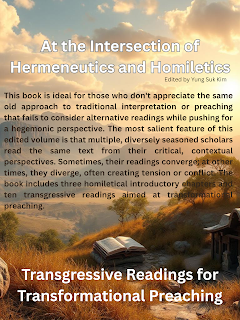אֶהְיֶה אֲשֶׁר אֶהְיֶה (Exod 3:14)
"I am that I am" (my translation)
Other translations: "I will be what I will be." "I am who I am" in the sense that "I am the one who exists forever" (Philo's Hellenistic interpretation).
The name YHWH (Tetragrammaton) derives from the above verse; most likely, from hayah ("to be"). In the burning bush in Exodus 3, God defies Moses' request to know his name. Instead, he says: "I am that I am," which means "I am the one who has been revealed throughout your ancestors." In this context, YHWH is not the name of God; rather, God is called in such ways because of what he said to Moses.
The above saying characterizes me. I am that I am. I am irreplaceable by anything or anyone. I am awesome because I am God's masterpiece. I must believe it. Nothing or no one can bring me down or describe me fully or adequately. No matter what happens, God's love remains strong and unchanged. So I am that I am.







